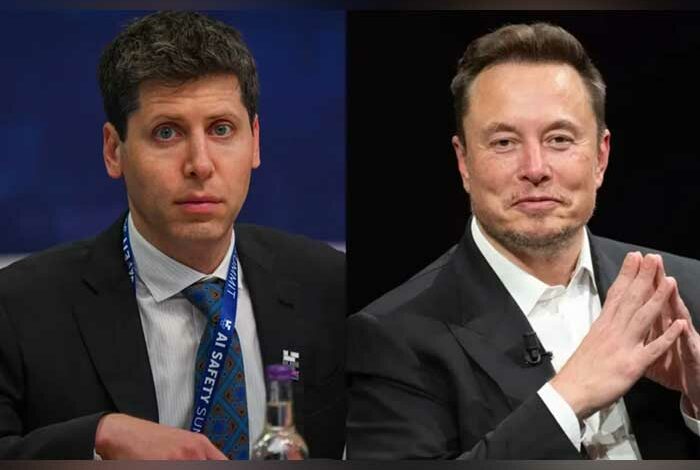Elon Musk has taken legal action against OpenAI, its co-founders Sam Altman and Greg Brockman, and associated entities, alleging a breach of their original contractual agreements. Musk contends that OpenAI has veered away from its nonprofit mission to develop AI for the betterment of humanity, instead focusing on profit-driven endeavors.
The lawsuit, filed in a San Francisco court, claims that Altman and Brockman persuaded Musk to establish and fund OpenAI as a nonprofit in 2015. However, the startup has shifted towards a for-profit model, particularly after partnering with Microsoft and receiving significant investment. Musk asserts that OpenAI is now prioritizing the commercialization of its AGI research to maximize profits for Microsoft, rather than serving humanity as originally intended.
Despite Musk’s significant contributions to OpenAI, totaling over $44 million, the organization has deviated from its founding principles. Musk, who departed from OpenAI’s board in 2018, declined offers of a stake in the for-profit arm, maintaining his commitment to the nonprofit mission.
OpenAI’s launch of ChatGPT in 2022 triggered an AI arms race, with rivals attempting to match its capabilities. Microsoft’s CEO Satya Nadella has praised GPT-4’s superiority, emphasizing the alignment between Microsoft and OpenAI.
The lawsuit highlights a statement from Nadella suggesting that Microsoft possesses the necessary resources and capabilities, even in the absence of OpenAI. This evidence indicates a close association between the two entities, serving Microsoft’s interests.
Musk seeks to hold OpenAI accountable for its deviation from the nonprofit mission and prevent the monetization of technologies developed under its auspices for the benefit of private entities. The lawsuit requests the court to recognize AGI systems like GPT-4 as surpassing licensing agreements, potentially leading to restitution of donations and injunctions to enforce OpenAI’s original mission.
The legal action underscores the importance of upholding ethical standards in AI governance, challenging OpenAI’s recent leadership changes and its departure from the principles of nonprofit AI development.

